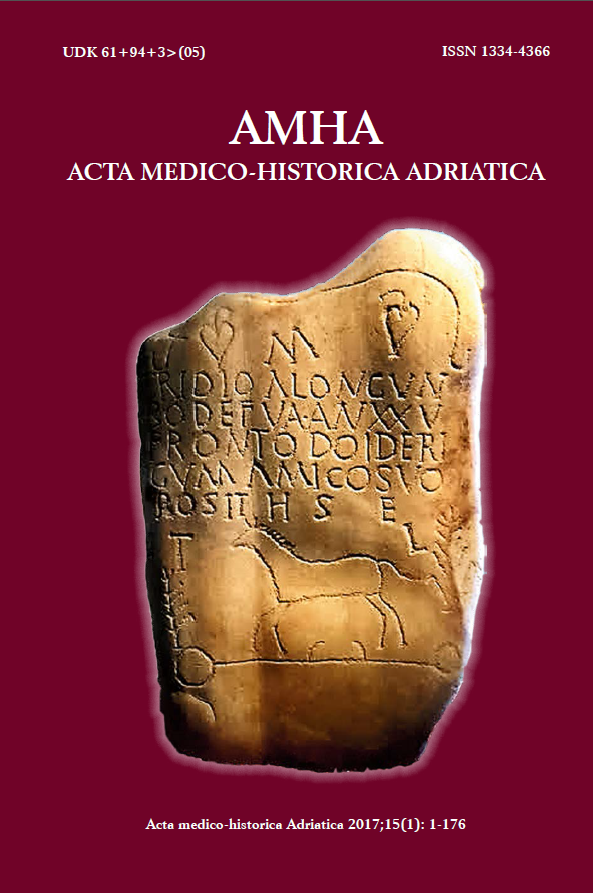FRAMING “OUR SOCIAL DISASTER”: NARRATIVES OF DISEASE AND SEXUALITY IN TURKEY’S EARLY REPUBLIC
Keywords:
medical atlas, public health, sexuality, sexually transmitted infections (STIs), syphilis, TurkeyAbstract
https://doi.org/10.31952/amha.15.1.3
For the early Turkish republic, resource shortages, illiteracy, and geography combined to hamper any achievement of the immediate and universal diffusion of state-authored lessons in public health throughout the country’s populace. One of the first steps taken to overcome
these obstacles involved the production and publication of a medical atlas. Ideally, this text would serve both to standardize care provided by the state’s health professionals and to inform the entire population of their public health obligations and compel their compliance; longer lives, prosperity, and a stronger nation were the promised outcomes. However, utilizing public health education to institute this state-society contract also entailed framing diseases in particular ways. This was especially true with sexually-transmitted infections (STIs), and the narratives associated with STIs marginalized routinely specific subpopulations of the Turkish nation; women and girls, generally, and sex workers, in particular. Focusing on this primary text, this article engages critically with the atlas to document, analyze, and inform the nature of this promise and the types of medical and moral norms that it imposed and reinforced.


